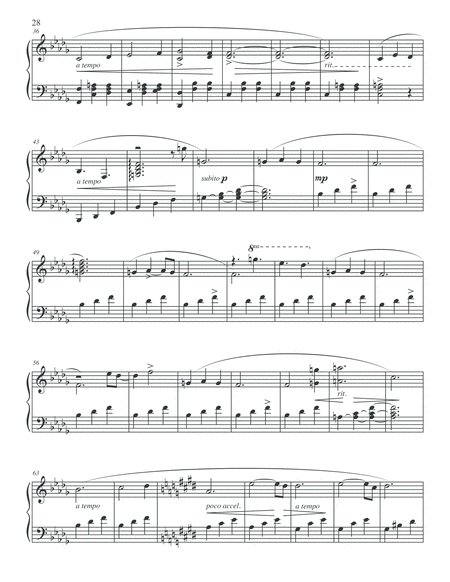
The bocal should be treated with great care.

The more common problem is abuse of the bocal by an accident where the bocal is bent or dented in the area of the seam. This is the case all along the bocal if plating is worn away through wear and tear.
#Happy farmer basoon crack
It is common for the plating of nickel or silver to wear away over time exposing the soldered seam and weakening it to the point where it may crack the seam and cause a leak. Quick fix solutions will appear below.Ī less common sneaky leak is again along the seam but at the tip of the bocal beyond the point where the reed penetrates into the bocal. By immersing the bend of the bocal underwater and sealing the end and button, blowing forcefully in the small end will show bubbles at the point where the air is escaping. This can be quickly assessed by plugging your finger on the big end and vent button and either sucking on the small end to check if it will hold suction or blow on it forcefully to see if it will hold air. You may not be able to see it but you wonder why your bassoon is not playing right. The most common is a crack or pinhole in the soldered seam that runs the length of the bocal. The leaks above can be felt or heard if they are excessive. Leaks can also occur near the first wire as a result of poorly constructed reeds and reeds can leak at the bocal for the same reason. You might be better off looking for a narrower reed shape to help raise the pitch or review the methods for tuning in the Quick Guide to Bassoon Reed Tuning. If your reed is flat and you have to narrow the blade and go to far, leaks can occur between the blades to the ruination of the reed. Those who gas us regularly are annoying especially if you are sitting next to them or if you are in a recording studio with a microphone within two feet of the player. Bassoonists can over-exert in fortissimo playing and occasionally out-gas on a fortissimo staccato.

Many players are “passing gas” as they leak air while playing by not keeping a seal between the reed and their lips. Starting top down, the first leak is one that can be controlled (or not!) by the player’s embouchure. Management of leaks by dedicated bassoon instrument repairmen are also difficult in finding the “sneaky” leaks that are especially common to older wooden bassoons and bassoons that have not been well-maintained. Leaks in the instrument are by far the biggest problem and difficult to manage by band instrument repairmen who are totally clueless. Finding these leaks is critical to making your playing predictable be it pianissimo or fortissimo playing, not to mention playing in tune. One of the most frustrating elements of bassoon playing is the mysterious leakage of air along the 8-foot long bore of the bassoon. Preliminary Tuning and Evaluation Q & A.


 0 kommentar(er)
0 kommentar(er)
